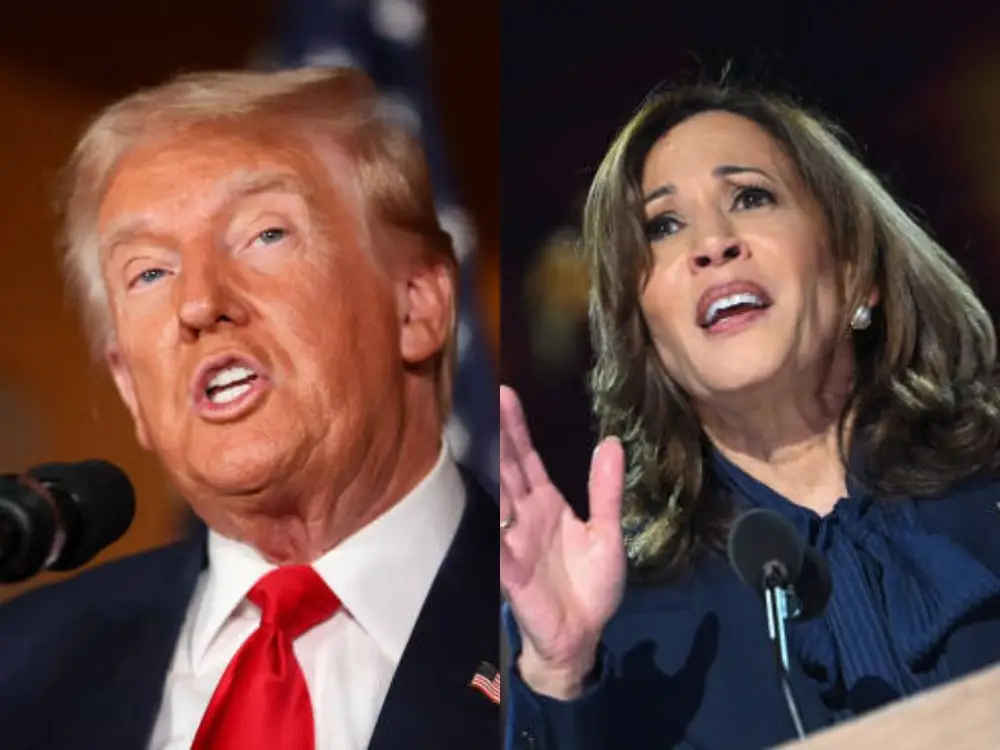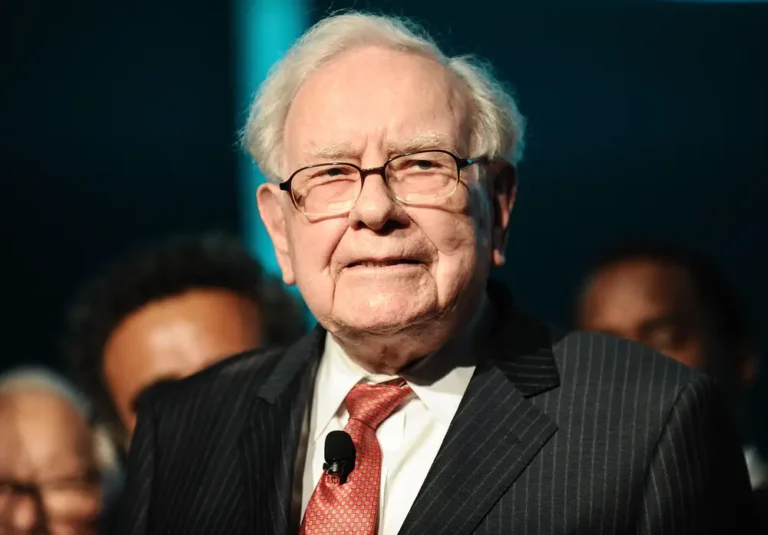The 3 policy issues portfolio managers are most concerned about this election season — including one that wasn’t discussed during the debate

Former President Donald Trump and Vice President Kamala Harris.
For Wall Street, policy — not politics — is the motto leading up to November. And there’s a lot of policy on the line.
While Vice President Kamala Harris and former President Donald Trump don’t agree on much of anything, there are a few key areas that have the potential to shake up markets more than others.
Top strategists at DWS Asset Management identified three hot-button issues that portfolio managers are most concerned about this election cycle: taxes, tariffs, and the possible elimination of the filibuster. Taxes and tariffs have gotten a lot of national attention, but the filibuster situation has not — and DWS thinks investors should be keeping an eye on it.
Death and taxes
Unsurprisingly, tax policy is at the top of money managers’ minds, according to Frank Kelly, senior political strategist at DWS. Wall Street is looking towards Trump to be the more business-friendly candidate on a tax basis.
The Tax Cut and Jobs Act (TCJA) is up for renewal at the end of 2025, and Harris and Trump have different plans for what’ll happen next. Trump is looking to renew the existing TCJA, while Harris has promised to rewrite the tax code and raise the corporate tax rate to 28% from its current 21%. That would deliver a 7% hit to the S&P 500’s earnings per share, and the statutory tax impact on a corporation could range from 5 to 10% depending on the company’s geography mix, according to David Bianco, DWS Americas chief investment officer.
Beyond the corporate tax rate, Wall Street is also concerned about Harris’ proposal for a financial transactions tax that would apply to all stock, bond, and derivative trades.
Trump tariffs
Another issue Wall Street is monitoring is tariffs. If elected, Trump has promised to impose tariffs of up to 20% on imports.
Bianco thinks such a policy would harm the economy. “It’s dangerous to really double down on some policies like the tariffs,” he said. Such dramatic tariffs could lead to consumers paying more for goods, as well as retaliatory tariffs from other countries. According to Goldman Sachs, tariffs could put inflationary pressures on the economy and hinder growth.
And unlike tax policy, which needs to be voted on by Congress, tariffs are much easier to implement.
“Tariffs are something the executive president can do with executive authority to a great extent,” Bianco said.
That means if Trump were elected, he could quickly move to make high tariffs become a reality.
The filibuster
There’s an under-the-radar issue keeping portfolio managers up at night: the elimination of the filibuster, according to Kelly’s conversations with clients. This topic wasn’t mentioned at the debate, but it could have big implications for all types of policy.
Democrats, especially Senate Majority Leader Chuck Schumer, have been proponents of eliminating the filibuster, and Kelly believes a Harris win could further incentivize this initiative.
Wall Street analysts expect a very close election, and even a minute change could be enough to push the needle on the outcome for either candidate. The races for the House and Senate are contentious as well, according to Monica Guerra, Morgan Stanley Wealth Management’s head of US policy. That means a single-party sweep is unlikely.
While it’s not out of the question for the Democrats to retain the Senate, it would be highly unlikely for them to win the 60 seats necessary to override a filibuster, Kelly said. Eliminating the filibuster would be a way for Democrats to pass legislation quicker, such as Harris’ tax proposals.
Jack Ablin, chief investment officer at Cresset Capital Management, summarized the situation aptly: “Investors celebrate gridlock.”
Gridlock prevents extensive policy changes and, subsequently, market volatility. Guerra’s research shows that equity markets perform the best under split control of the Congress and White House.
Given how important gridlock is to the market, there’s not enough conversation around the impacts of eliminating the filibuster, Kelly believes.
“Democrats do not want to be seeing a president-elect Harris stymied in the first two years in any number of legislative efforts,” he said. And a policy like this could gain ample support from voters who feel frustrated that Washington doesn’t get anything done, Kelly said.
If this policy were to pass under Harris, investors should prepare for the possible implications of less compromise between Democrats and Republicans and more sweeping policy changes.






